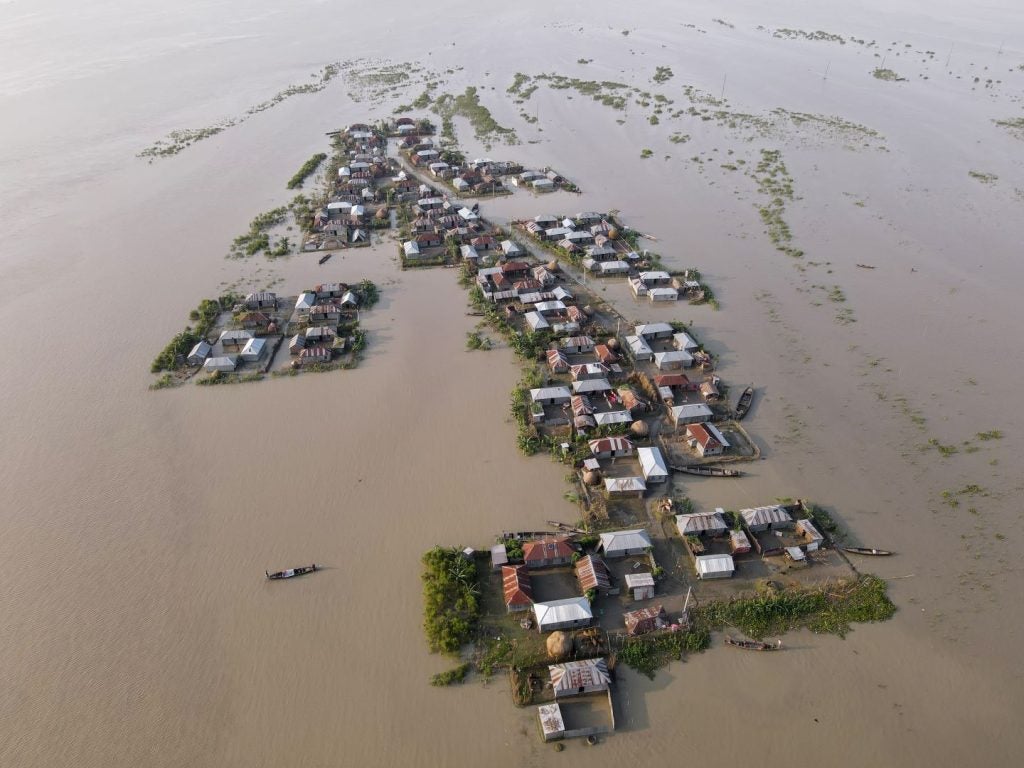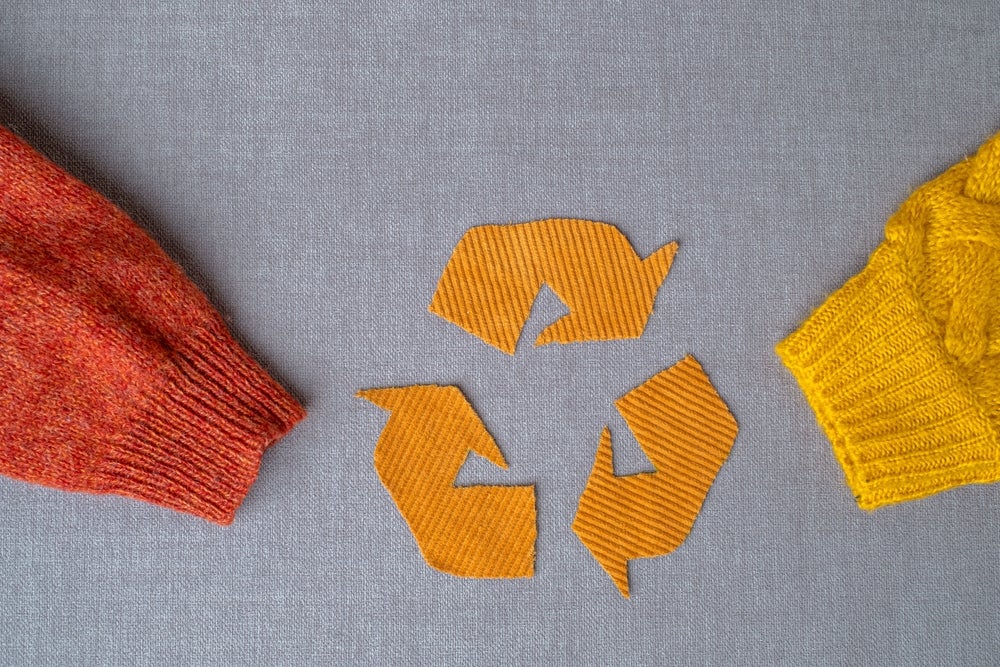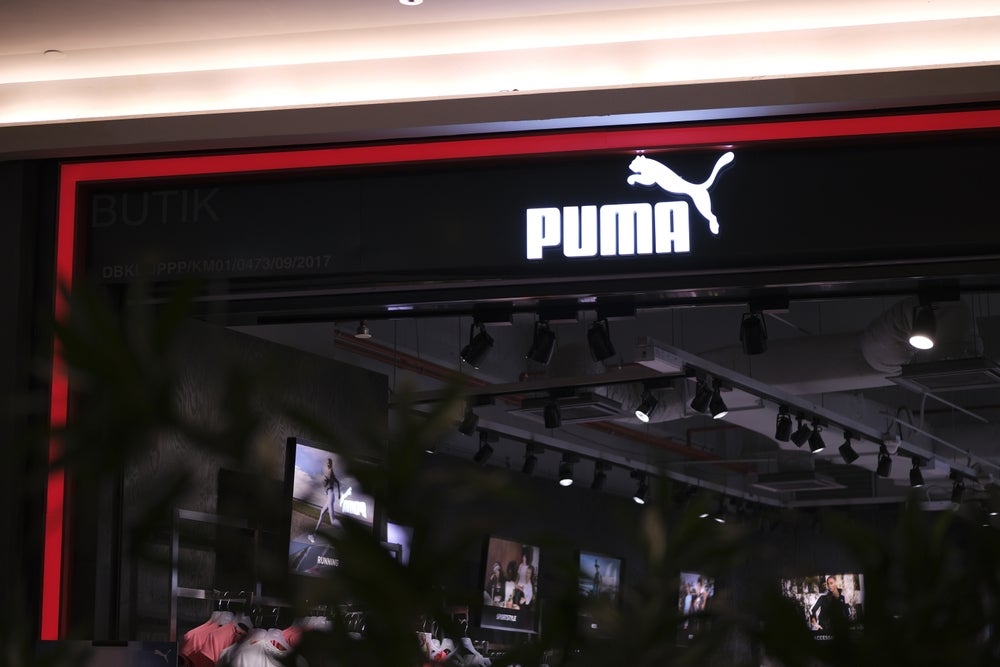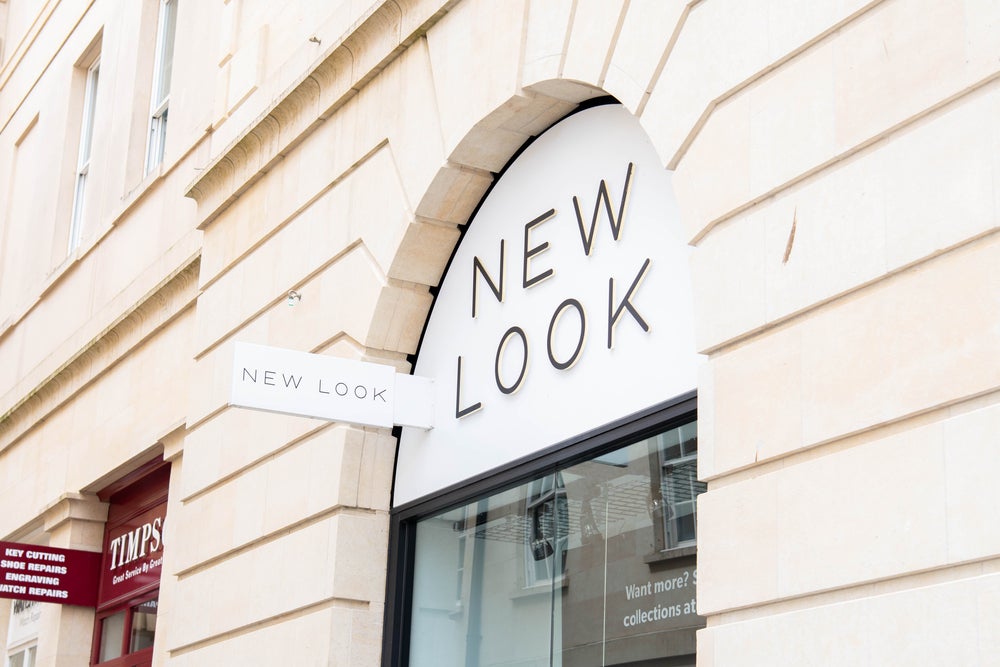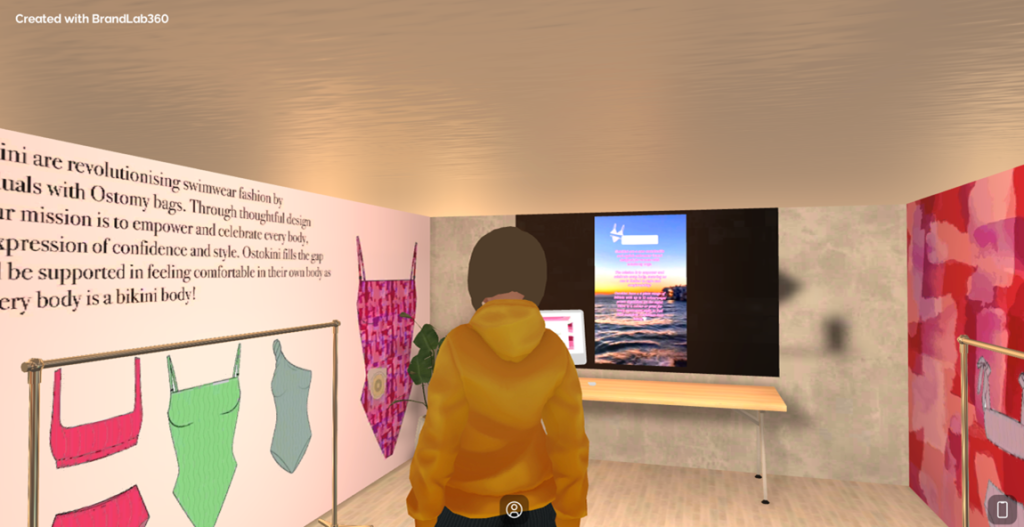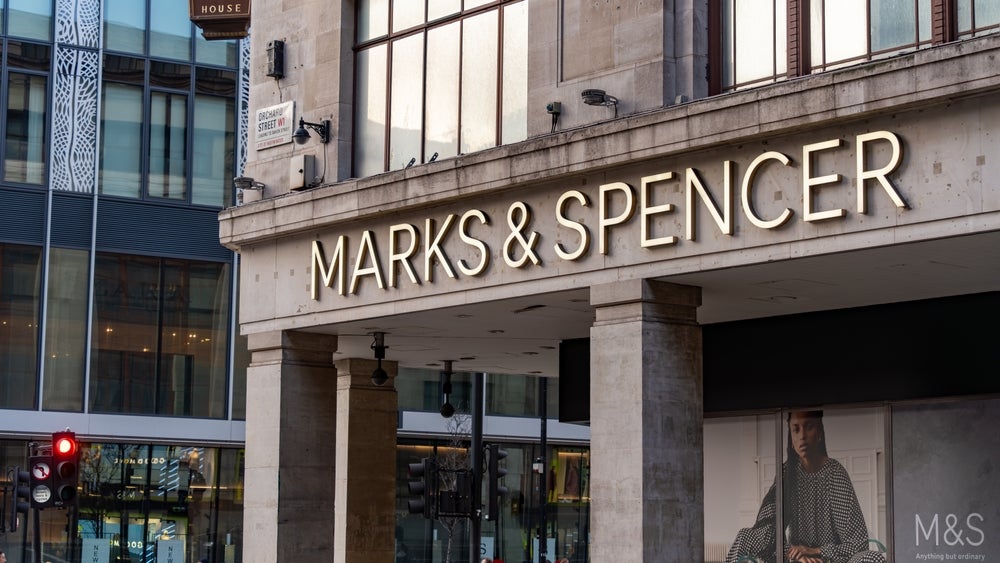Global brands sourcing from Bangladesh are being warned of delays to delivery as the garment industry attempts to rebalance itself in the wake of mass floods that have left 20 dead and affected millions.
Earlier, Mostafiz Uddin, MD and founder of the Bangladesh Apparel Exchange and Bangladesh Denim Expo, said the Dhaka-Chittagong highway was severely affected by the floods resulting in issues for raw materials from the port reaching Dhaka and the transportation of goods to the port.
While the Dhaka-Chattogram highway is now back up and running, Chattogram port faces increased if temporary, risks of congestion and backlog of containers, the Ethical Trading Initiative has warned.
Manufacturers have urged the government to arrange for exports via alternative routes, including the ports at Panagon and Mongla, to meet pending deadlines and relieve pressure on supply chains.
Further, damage to power lines has left more than 800,000 people without electricity, hindering communications in key areas.
Prior to this, Bangladesh’s garment industry faced turmoil as a result of violent protests across the country which subsequently led to attacks on factories, the fall of the Sheikh Hasina government and a leadership shakeup of the country’s main apparel trade apex.
Earlier this month, an interim leader, Muhammad Yunus, was appointed to the helm of the government after prime minister Sheikh Hasina fled the country.
Several factories that supply major brands, including H&M and Zara, have been attacked by antigovernment protestors.
According to Business and Human Rights Centre several brands have suspended orders with Bangladesh, though it did not state which brands.
Factories “received calls from Spanish buyers, German buyers saying for the time being, we’re diverting 40% of our orders to Cambodia or Indonesia,’” said Mamun Rashid, an adviser to garment manufacturers in Bangladesh. “They didn’t know how long this turmoil would continue."
Earlier this month, UNI Global Union and IndustriALL called on 200 fashion brands to maintain their engagement in Bangladesh and commit to garment orders to help secure the country's democratic and economic future.
The unions stressed that continued commitment from international brands is crucial, given the garment sector is the backbone of the Bangladeshi economy. The sector employs more than 4m people.
According to the Bangladesh Bank, in FY23 the RMG sector contributed 10.35% to Bangladesh's GDP. The total RMG export earnings for the fiscal year amounted to $46991.61m, representing a growth of 10.27% compared to the previous fiscal year.
The ETI warns the impact of the floods on the transportation of finished goods is expected to be temporary but the devastation faced by affected communities may be long term.
Together with weeks of political and social upheaval across the country, the ETI says it “underscores the importance of responsible business conduct in Bangladesh, helping to provide stability and security for workers and suppliers at a time of change and in the era of climate crisis. “
“Our recent joint recommendations for responsible business conduct in the country remain fully relevant. These developments emphasise the need for businesses to undertake enhanced human rights due diligence and to implement responsible purchasing practices in this challenging context.”
It adds steps must be taken to understand and mitigate adverse impacts of extreme weather events on workers.
“In spite of commitments made in Paris in 2015, global greenhouse gas emissions continue to rise. And despite its own low per-capita emissions, Bangladesh is at the forefront of the resultant climate crisis. The flooding of recent days is yet another of glaring example of the devastating price Bangladeshi citizens are paying for the inaction of the major polluting countries. As the world’s great and good gear-up for COP29 in Baku Azerbaijan in little more than two months’ time, just transition must be at the centre of their preparations – a transition that is fair, inclusive, leaves no-one behind, and is based on genuine social dialogue with workers, their representatives and other affected communities,” said George Williams, Just Transitions Advisor, ETI.
Just Style reached out to several fashion brands to understand their take on the situation and to learn whether a Bangladesh exit plan really is on the cards for most global fashion brands.
Most brands we spoke to said first and foremost, their concerns lay with the safety of garment workers in the country.
A spokesperson for H&M told Just Style: “Bangladesh is one of our sourcing markets and our teams on the ground are continuously monitoring the situation and in close contact with our suppliers in the country. Safety is always our main priority. We have not taken any decision to change our long-term sourcing strategy in the country and we continue assessing the situation on a daily basis.”
In a similar vein, a spokesperson for Bestseller said flooding had not directly impacted its suppliers' operations in the country so far.
“At this time, Bestseller’s priority is the safety and well-being of the workers at our Bangladeshi suppliers and our colleagues in the country. transportation links between suppliers and the port have been affected. We are working closely with suppliers to manage these delays and monitoring potential impacts on our supply chain.”
Meanwhile, a spokesperson for Primark added: “We continue to be in regular contact with our colleagues and suppliers in Bangladesh during this time and our team in Dhaka will continue working with suppliers affected to find the best ways to support them and their workers in the coming months. This includes through our membership of ETI, the International Accord and ACT.”


